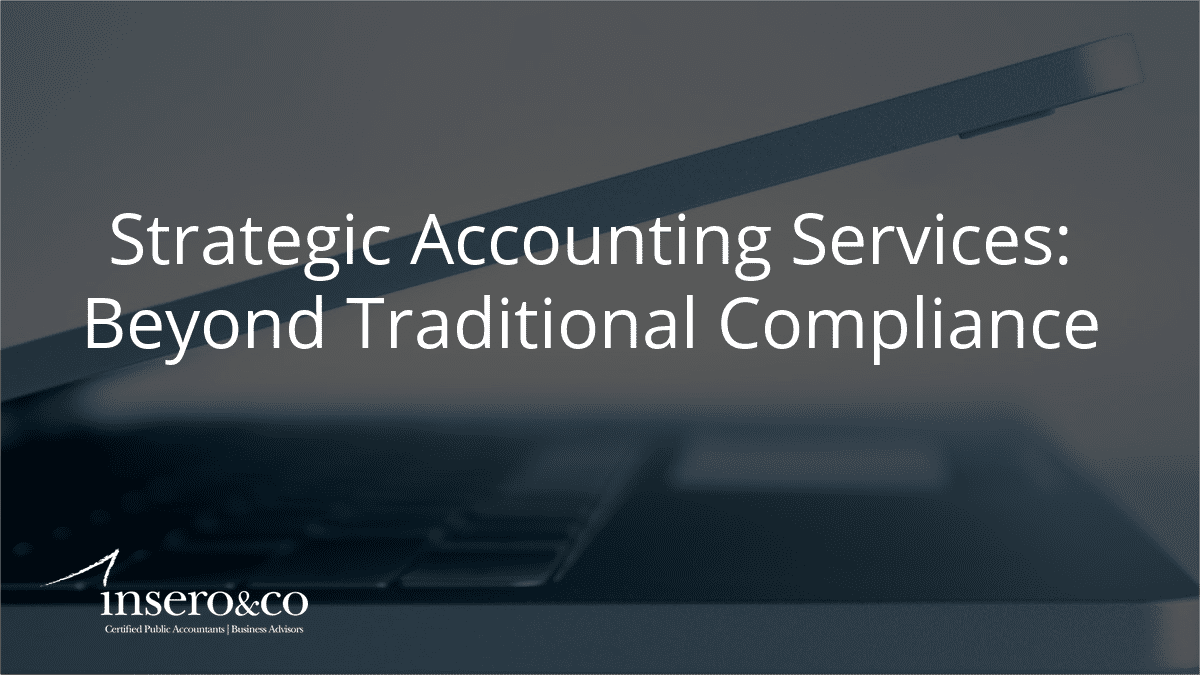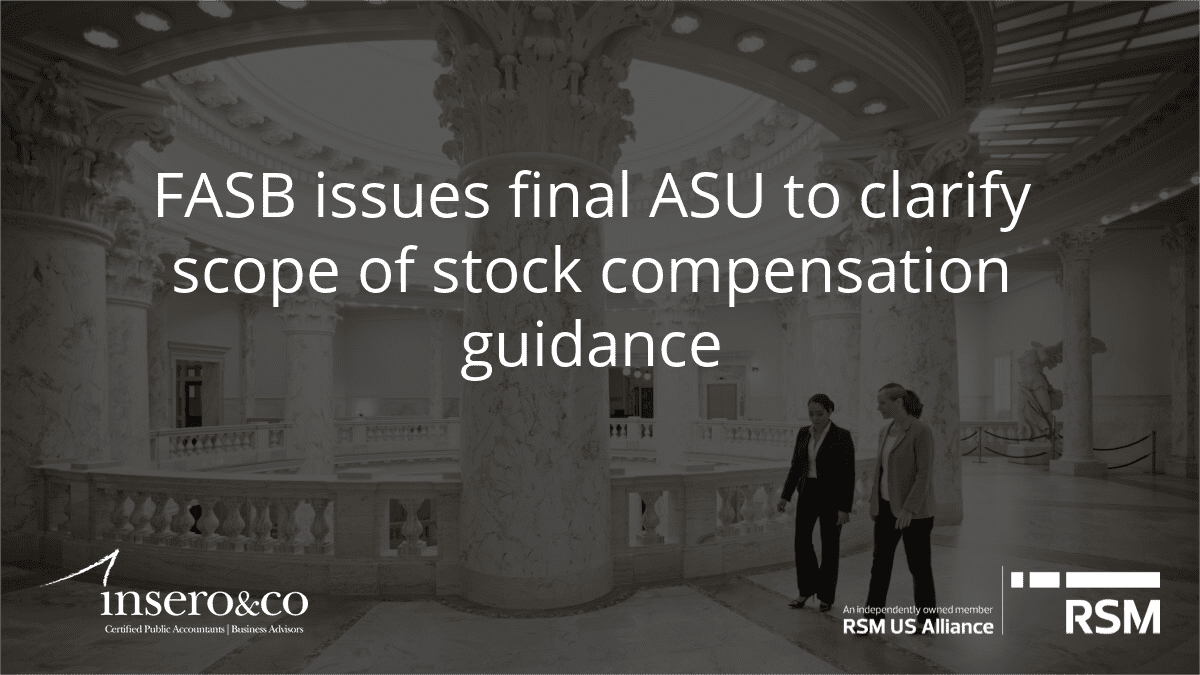On March 18, the IRS issued Notice 2020-17 which provides more details regarding the deferral of Federal income tax payments previously discussed by Treasury Secretary Mnuchin, which was the subject of a prior Insero Tax Alert.
The current guidance provides that any person with a Federal income tax payment due April 15, 2020 is considered an Affected Taxpayer by the COVID-19 crisis and is eligible for the deferral of Federal income tax payments due on April 15, 2020, until July 15, 2020, without imposition of penalty or interest. This deferral applies to Federal income tax payments due up to the “Applicable Postponed Payment Amount” (APPA), which is:
- $10 million for each consolidated group or for each C corporation that does not join in filing a consolidated return; and
- $1 million for all other Affected Taxpayers.
The Notice confirms that the APPA is the same amount for individuals regardless of filing status. This means that a single individual and married individuals filing a joint return have the same $1 million APPA. The Notice also states that any tax due in excess of the APPA will be subject to penalties and interest if not paid by the original April 15, 2020 due date. This means that if a single individual taxpayer owes $2 million for 2019 Federal income taxes, including self-employment tax, the payment of the first $1 million can be deferred until July 15, 2020, but the additional $1 million will be subject to penalties and interest if not paid by April 15, 2020.
The relief provided in this Notice is available solely with respect to Federal income tax payments (including payments of tax on self-employment income) due on April 15, 2020 in respect of an Affected Taxpayer’s 2019 taxable year and Federal estimated income tax payments (including payments of tax on self-employment income) due on April 15, 2020, for an Affected Taxpayer’s 2020 taxable year.
The Notice expressly states that no extension is provided for the payment or deposit of any other type of Federal tax (e.g., payroll taxes, gift taxes or excise taxes) or for the filing of any tax return or information return. Therefore, Affected Taxpayers should consider requesting an extension of time to file their income tax return under the normal rules. Please note that state filing and payment obligations are not covered by the IRS guidance. Each state is addressing filing and payment obligations at the individual state level.
Although the Notice provides some additional clarification, a number of questions still remain. We will continue to update you when we receive additional clarification. If you have any questions, please contact a member of your Insero tax professional team.




